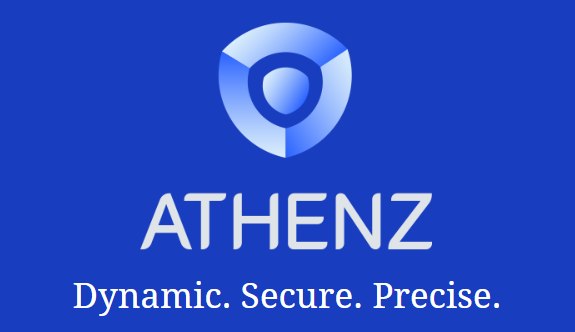Development Tools
If you would like to build your own copy of Athenz rather than using the pre-built binary packages, then here is the list of development tools you need to have installed on your system.
Java Platform JDK 8
To build Athenz components, you must have Java Platform JDK 8 installed on your machine. The main authorization services – ZMS and ZTS, are written in Java and using embedded Jetty.
Athenz has been developed and tested with Oracle Java Platform JDK 8. However, it should compile and run without any issues with OpenJDK 8 as well.
[gistpen id=”1671″]
Maven
Download and install Apache Maven.
[gistpen id=”1673″]
Git Client
If you don’t have git client installed on your host, you can download one from Git website
Go
Install go by following the directions at Getting Started – The Go Programming Language.
Node JS
Install node by following the directions at Node.js JavaScript Runtime
Verify that you have the required minimum version of node and nodemon binaries installed on your system and are included in your runtime path:
[gistpen id="1669"]
Build Steps
To build Athenz components, change to the top level directory where Athenz code has been checked out and execute:
[gistpen id="1667"]
The release packages will be created automatically in the assembly subdirectory.

